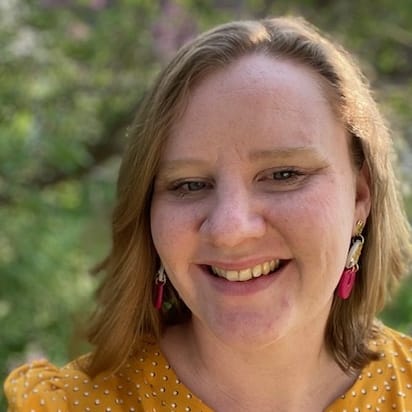COVID may have receded from public conversation and consciousness, but the medical world is still reeling from the effects of the pandemic. During the height of the pandemic, nurses received a lot of public praise, but as the world returned to normal, so did the appreciation for nurses. Little attention was paid to nurse burnout. If you’re a nurse struggling with burnout or need support in coping with the lasting effects of the pandemic, Laguna Christian Counseling can provide the guidance and care you need to heal and find balance.
While the public has moved on, healthcare continues to need nurses. But so many nurses are finding themselves burnt out from the constant demands of 24-hour care, short staffing, and the trauma of long COVID.
Nurse burnout has a significant impact on the whole healthcare system. It can lead to:
- Increased patient mortality and morbidity.
- Decreased quality of care.
- Higher healthcare costs.
- Staff turnover and absenteeism.
Strategies to Prevent Nurse Burnout
Some changes need to be addressed on a system-wide scale, while others can be done as an individual. Some strategies that can be used to prevent and mitigate nurse burnout.
Increased staffing
Providing adequate staffing levels can help reduce nurses’ workload and stress levels.
Improved work environments
Creating a positive work environment that is supportive and respectful can help nurses feel valued and appreciated.
Work-life balance
Ensuring that nurses have a healthy work-life balance can help prevent burnout. This may include providing flexible work hours, opportunities for professional development, and paid time off.
Stress management training
Providing nurses with stress management training can help them develop coping mechanisms for the stressors of their job.
Peer support
Creating opportunities for nurses to support each other can help reduce isolation and burnout.
Managerial support
Having supportive managers who understand the challenges of your job and what they can do to support their staff.
Healthcare professionals experiencing burnout may exhibit various signs, including emotional exhaustion, low sense of accomplishment, negative job-related thoughts, cynicism toward patients and colleagues, or. feelings of isolation.
 Ways to heal
Ways to heal
The long hours of a medical shift can also lead to exhaustion physically, perhaps along with headaches or nausea. When you notice these symptoms, that is good. You are now in a place to heal from burnout, and going forward prevent it from becoming a major issue at work.
Boundaries are valuable
Your time and energy are the greatest resources you have. Setting personal boundaries around these helps prevent burnout. Patients don’t need access to you 24/7. Keep your phone number and other personal details to yourself. You don’t need to be available outside of your contracted hours for your job.
Protect your days off and take your PTO
Ensure you take time off regularly, use acquired time off, and take vacations. Be selective about covering shifts for others.
Engage in self-care
You should engage in activities that you find enjoyable and relaxing. From a bubble bath to exercise to reading to crafts. Find hobbies outside of work that fill you with joy and satisfaction.
Build a strong support network
Talk to friends, family, therapists, or supervisors to feel supported and cope with stress. Your supervisor can help you create boundaries in your job, and protect your time off. A therapist is there to talk about the ways your job is stressful. Caring family and friends can help you blow off steam, find joy outside your job, and maybe be a shoulder to cry on from time to time.
Christian counseling for nurse burnout
Nurses are at high risk for burnout because of the physical, emotional, and mental demands of their job. If you struggling with burnout, there are still plenty of ways to recover and feel joy in your job. By talking to a counselor in Laguna, California, you can take steps to recover from burnout. Call our office today at Laguna Christian Counseling to set up an appointment so you can revive the compassionate heart that led you to become a nurse.
Photo:
“Nurse with Incubator”, Courtesy of Hush Naidoo Jade Photography, Unsplash.com, CC0 License;
- Caitlin Mallery: Author
Caitlin Mallery is a freelance writer, mother of four, avid reader, and amateur gardener from the Pacific Northwest. When she is not writing or chauffeuring children hither, thither, and yon, she works as a hospital chaplain.“Working in spiritual...
DISCLAIMER: THIS ARTICLE DOES NOT PROVIDE MEDICAL ADVICE
Articles are intended for informational purposes only and do not constitute medical advice; the content is not intended to be a substitute for professional medical advice, diagnosis, or treatment. All opinions expressed by authors and quoted sources are their own and do not necessarily reflect the opinions of the editors, publishers or editorial boards of Stone Oak Christian Counseling. This website does not recommend or endorse any specific tests, physicians, products, procedures, opinions, or other information that may be mentioned on the Site. Reliance on any information provided by this website is solely at your own risk.


 Ways to heal
Ways to heal


